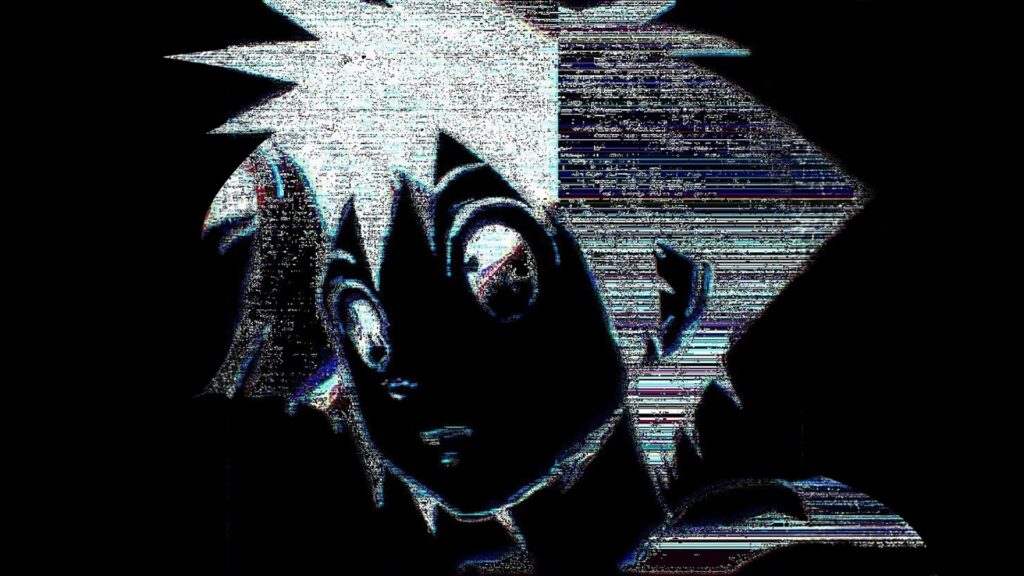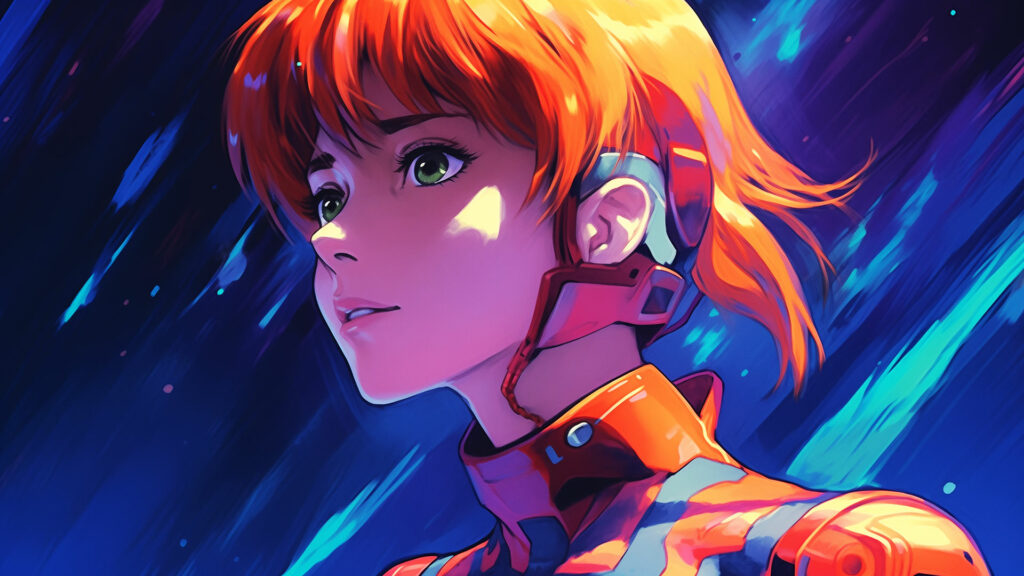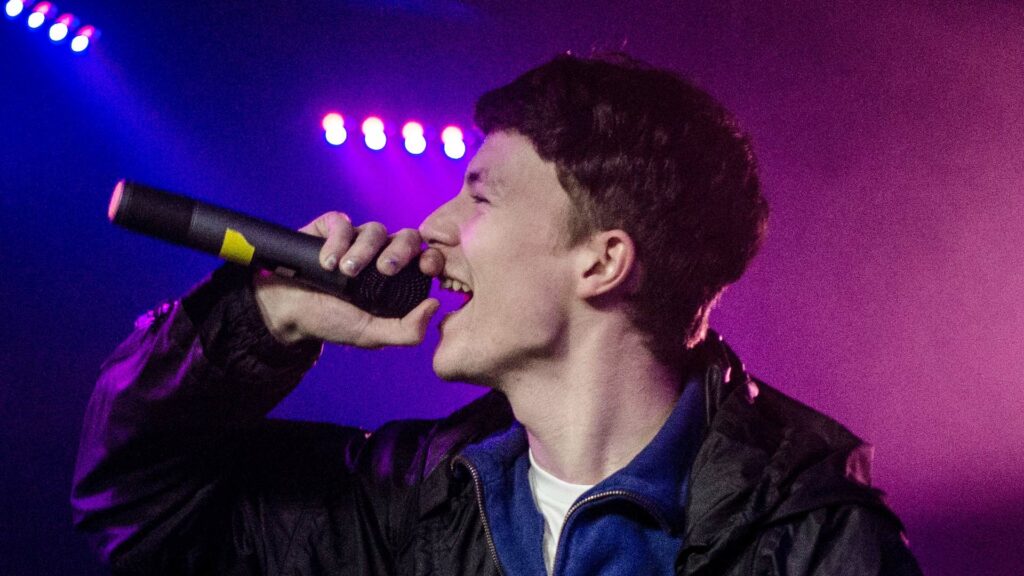“Disneyland is there to conceal the fact that it is the real country, all of real America, which is Disneyland… Disneyland is presented as imaginary in order to make us believe that the rest is real, when in fact all of Los Angeles and the America surrounding it are no longer real, but of the order of the hyperreal and of simulation.” Jean Baudrillard, Simulacra and Simulations
If this is the case for Disneyland, some forty years ago, can the same not be said of a virtual utopia like that of Animal Crossing: New Horizons?
December 2019, the United States Department of Agriculture removed Wakanda, the fictional home of ‘Black Panther’, from their list of free trade partners. I wrote, at the time, how the story of Wakanda’s delisting from the USDA was presented as humorous to make us believe that the rest of the news cycle was serious, when in fact all of the mediated information, the spectacle of politics etc., was no longer real, but of the order of the hyperreal.
A little under four months later, the coronavirus pandemic would give way to the 2020 stock market crash, and a general milieu that felt increasingly like a GCSE history question, I am told, rather than a viable state of affairs.
While many expected to see a revaluation of the economic system, the hyperreal order would come to thoroughly eradicate any notions of change through the liquidation of the pandemic itself, a liquidation that continues to occur through group ritual, hand-clapping, the ongoing assimilation of the pandemic into corporate advertisement, and so on.
The message that these techniques produce is one in which heroes and martyrs could be produced as a means of mere continuation, the survival of the system withstanding the pandemic itself. Interestingly enough, during the Coronavirus (COVID-19) epidemic, the British government told people not to ‘panic buy’ essential commodities like toilet paper, tinned food and handwash – and so the public immediately went out and bought as much of these as humanly possible. The weary analysis was that society was attempting to consume its way out of catastrophe.
However, a large part of this panic buying, I claim, was to test the parameters and severity of the government’s warning; another part was to thirst after the actual catastrophe that would come with panic buying the exact essentials we were told not to buy. This is to say we both trusted exactly what the government was saying in regards to safety precautions, while simultaneously believing they were full of shit. Does this not reveal, in some small way, the general consensus towards our illusory modes of living?
If the USDA’s removal of Wakanda could be analysed as a Baudrillardian hyperreal in real-time – an imaginary station, so to speak, developing from the peripheral, then perhaps, an even greater example would appear more recently, during the pandemic.
Published by the Financial Times, interestingly enough, as a ‘Free to read’ article, titled, ‘Virtual rate cut forces Nintendo gamers into riskier assets’. The FT relates how, ‘Savers at the Bank of Nook are being driven to speculate on turnips and tarantulas, as the most popular video game of the coronavirus era mimics global central bankers by making steep cuts in interest rates.’
It is revealing, I think, how without an economy to really forecast, the Financial Times were driven to write about virtual reality. Once again, this piece was presented as humorous, of course, to hide the play-acting of the hyperreal order.
‘…Disneyland is not the only one.’ Baudrillard writes in Simulacra and Simulations, ‘Enchanted Village, Magic Mountain, Marine World: Los Angeles is encircled by these “imaginary stations” which feed reality, reality-energy, to a town whose mystery is precisely that it is nothing more than a network of endless, unreal circulation: a town of fabulous proportions, but without space or dimensions.’
As with Disneyland, the Animal Crossing imaginary has developed as a ‘deterrence machine’, in the words of Baudrillard, ‘set up in order to rejuvenate in reverse the fiction of the real. Whence the debility, the infantile degeneration of this imaginary. It’s meant to be an infantile world, in order to make us believe that the adults are elsewhere, in the “real” world, and to conceal the fact that real childishness is everywhere, particularly among those adults who go there to act the child to foster illusions of their real childishness.’
Is it so difficult to imagine, forty years later, the imaginary stations of some virtual coexistence, seen today in the manifestation of Animal Crossing: New Horizons? In fact, what is Animal Crossing other than the concealed admission of our desire to live in a world of hyperreal capitalism governed by an aesthetic order of banal cuteness?
Next story


